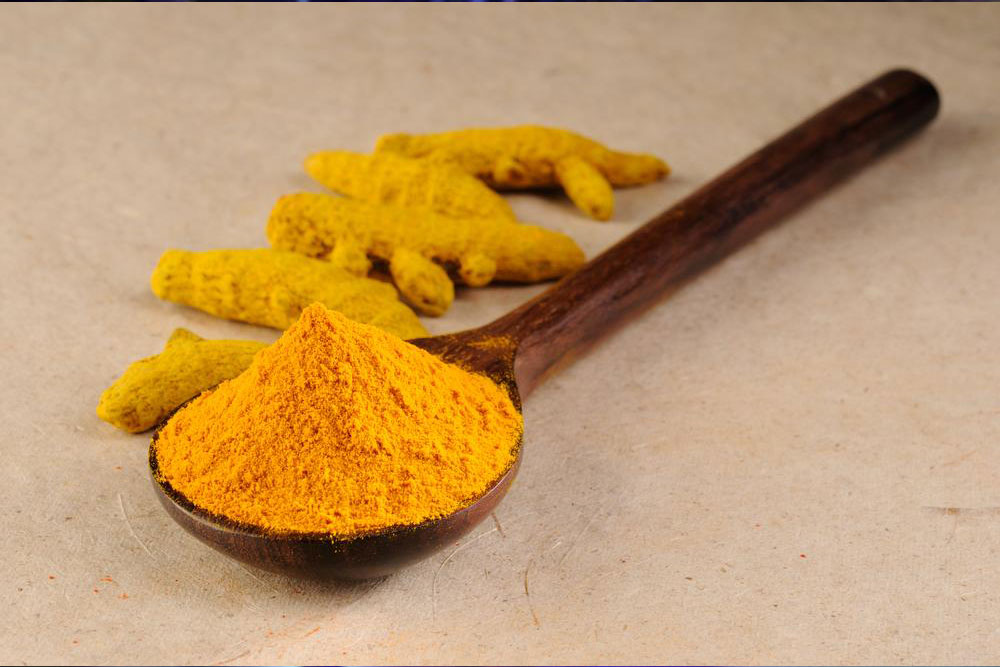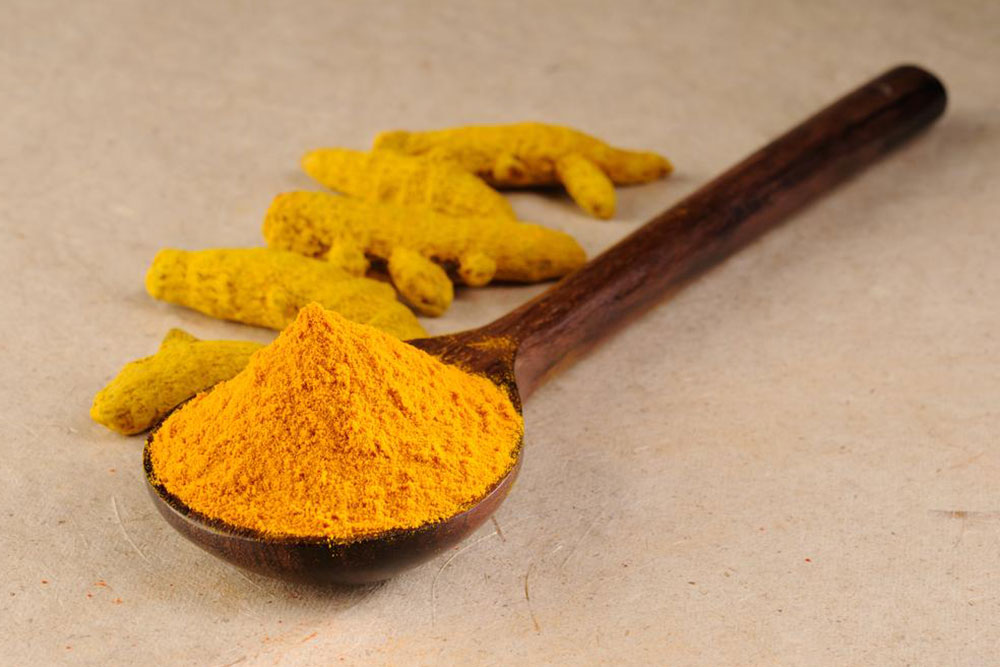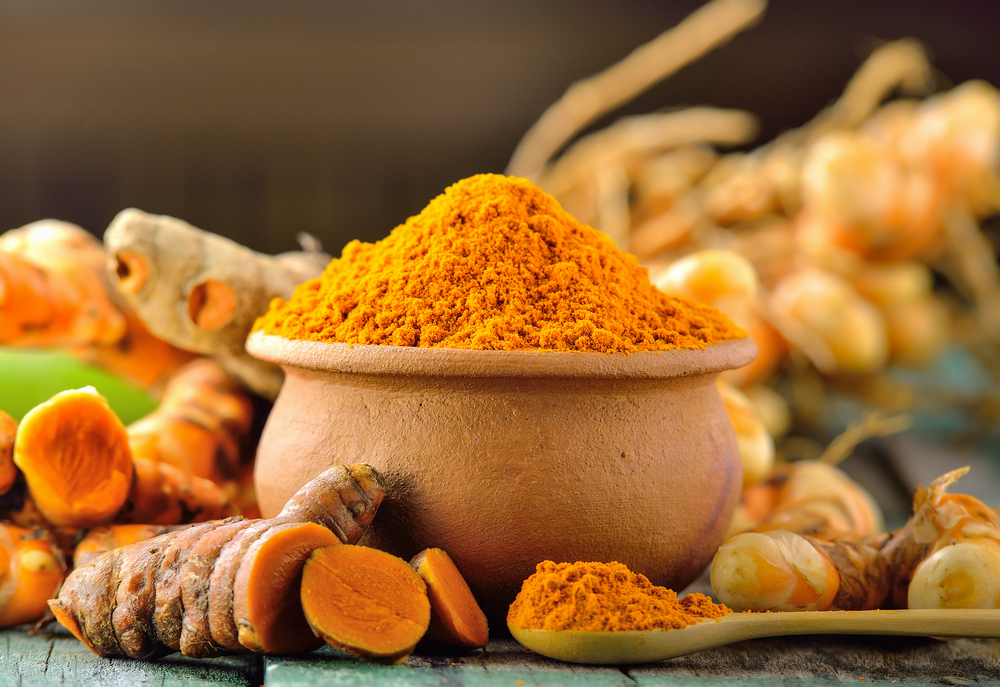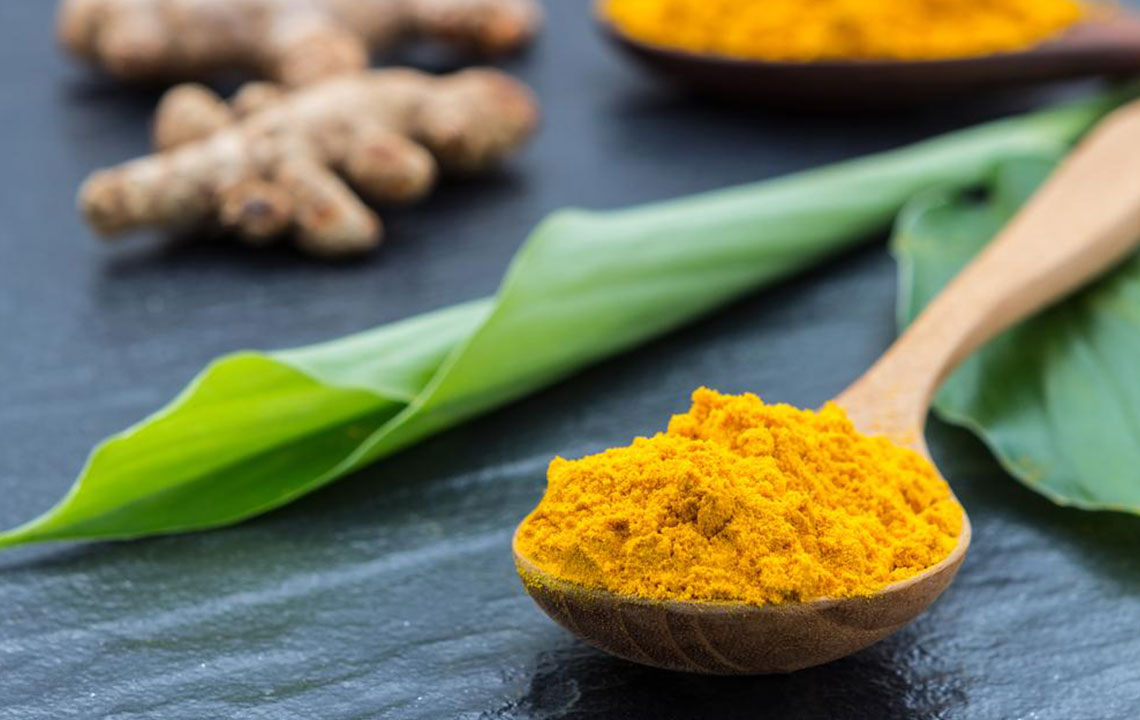Harnessing the Power of Turmeric for Joint Health and Arthritis Relief
Explore how turmeric's anti-inflammatory and antioxidant properties can aid in managing arthritis symptoms. Learn about proper usage, safety tips, and its role in promoting joint health naturally.

Harnessing the Power of Turmeric for Joint Health and Arthritis Relief
Anti-inflammatory benefits of turmeric in easing rheumatoid arthritis: Curcumin, the key active compound in turmeric, suppresses COX enzymes and prostaglandin E2, reducing inflammation and easing joint pain.
Protection against inflammation-induced cellular damage: Turmeric helps lessen cell death caused by inflammation, slowing down tissue deterioration and alleviating long-term joint discomfort.
Enhancing tissue health through apoptosis regulation: Turmeric supports proper cell turnover by balancing programmed cell death, which is often disrupted in rheumatoid arthritis.
Furthermore, turmeric helps modulate immune responses within joints, preventing immune cells from attacking healthy tissue. Its antioxidant properties combat oxidative stress from immune responses, shielding joint cells from damage.
While turmeric is safe as a culinary spice, certain precautions should be taken:
Pregnancy and breastfeeding: Due to limited safety data, high-dose turmeric or curcumin supplements should be avoided by pregnant and nursing women.
General health considerations: Excessive consumption may cause gastrointestinal issues, diarrhea, kidney stones, and blood thinning. It’s recommended to discontinue use two weeks before surgery to minimize bleeding risks.
Diabetic patients: Turmeric may lower blood sugar levels, so diabetics should monitor intake to prevent hypoglycemia alongside medication.


